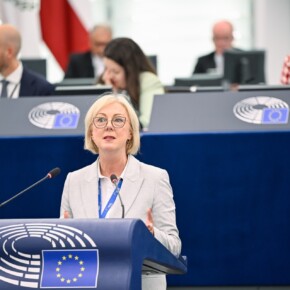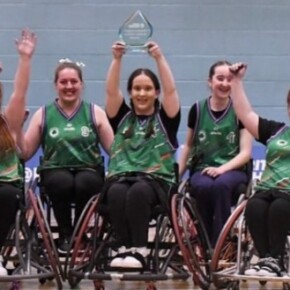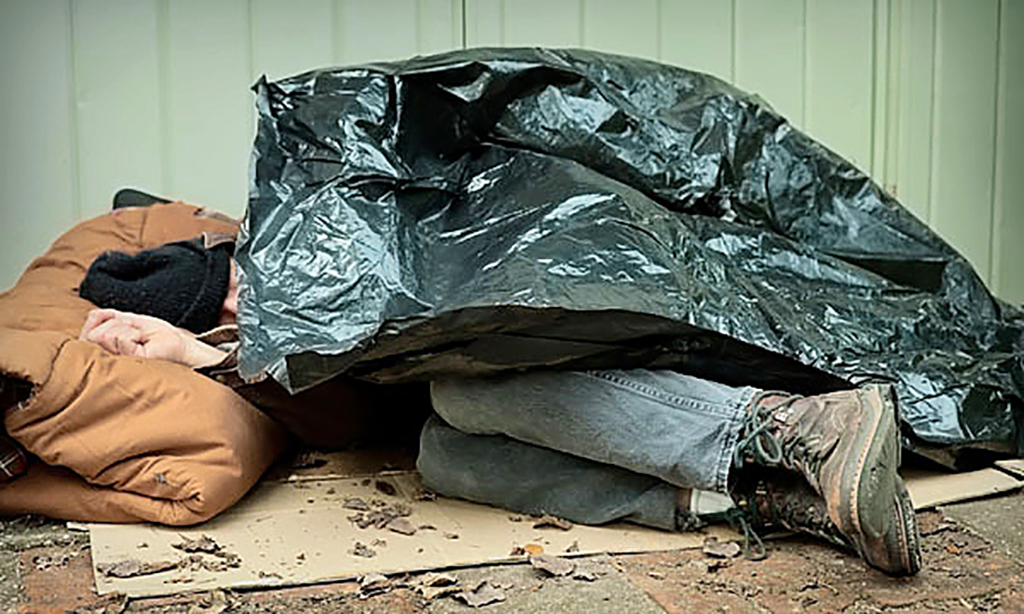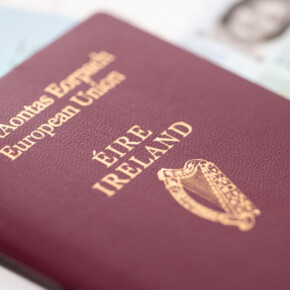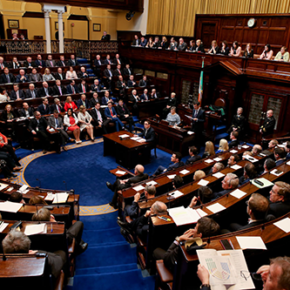“Dying to get my teeth into the work”: Lynn Boylan on her European comeback
Mike Finnerty 13 Nov 2024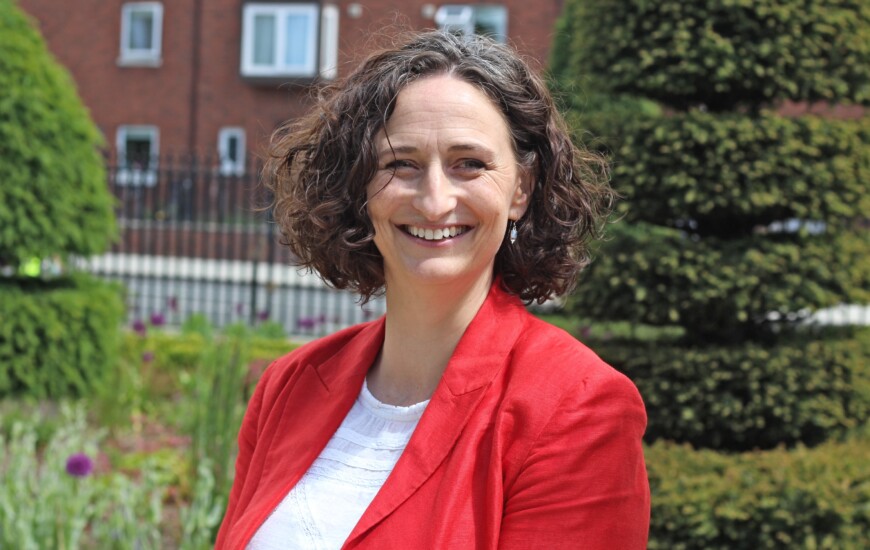
If there’s one thing politicians do better than anyone, it’s making a comeback.
When Clare Daly was elected to the European Parliament in 2019, it came at the expense of Sinn Féin’s Dublin MEP Lynn Boylan.
Boylan was elected to the European Parliament in 2014 after topping the poll with 23.6% of first preferences.
However, her 2019 re-election didn’t quite go according to plan.
Despite Dublin being expanded to 4 seats, it was Clare Daly who won the day for the left, securing 11.6% to Boylan’s 10.8%.
June saw a reversal of fortune for Boylan, winning back her seat, with her victory a bright spot for Sinn Féin on what proved to be an underwhelming set of local and European results for the party.
Speaking to us in her office in Brussels, Boylan was in town for the hearings of Ursula Von Der Leyen’s hand-picked European commissioners.
Younger voters may remember a Sinn Féin that was opposed to both Lisbon treaties, as well as an austerity-era referendum which further limited Ireland’s capital spending abilities.
Boylan stated that the party was not Euroskeptical, like your UKIPs or, rather the party was Eurocritical.
“There is a difference in terms of how we are opposed to the European project as opposed to say, the far-right.”
Boylan remarked, “I think history has vindicated Sinn Féin with regard to those referendums; our neutrality is being continuously undermined and our hands are tied by Europe when it comes to how much the government can intervene in the market.”
She noted that Ursula Von Der Leyen is a conservative who has removed the word “sustainability” from her plans for her 2nd term as EU boss.
“Why would I, someone who has been an environmental activist for my entire life, not engage critically with every piece of legislation that’s coming forward?”
“You wouldn’t be doing your job as a politician if you’re not taking every piece and analysing it. I’d argue there are some MEPs who would say they are very staunch European supporters who are not doing due diligence and are accepting in blind faith.”
The European project has a distant, almost aloof feeling among the general electorate where dry, technocratic laws are discussed by dry, technocratic politicians.
Among a certain part of the electorate, there is a belief that Europe is some distant, far-off place where people in nice suits have power lunches and talk about abstract ideas on foreign policy that don’t directly affect them.
Indeed, the 43.4% turnout among all of Dublin on June 7 points to general disinterest in who Northsiders and Southsiders send to Europe.
As far as Boylan is concerned however, what happens in Europe does have a direct, tangible effect on what happens in Dublin.
“Look at the track record of the European Commission on housing; they’ve blocked us from having regulation of Airbnb, the fiscal treaty has blocked proper investment in terms of public housing and public transport, I’d much prefer that we can hold our Minister for Housing to account and every time there’s an election the people get to decide who’s responsible for housing policy.
The strong electoral performance of the far-right propped up time and time again over the course of a pre-lunchtime conversation.
In June, explicitly right-wing to far-right parties formed the Patriots for Europe grouping in the European Parliament with 84 seats, making them the third biggest grouping.
The European Conservatives and Reformists Group, former home of the UK Conservative party and current Italian government party Brothers Of Italy, secured 78 seats.
An additional 25 MEPs, who were considered too extreme for Patriots for Europe, cobbled together a grouping known as the Europe of Sovereign Nations Group.
To Boylan’s frustration, the European People’s Party (of which Fine Gael is a member) has relied upon the votes of those parties to get key legislation passed, with the EPP needing the support of far-right MEPs to get Commission hearings passed.
“Viktor Orban’s party (Fidesz) were part of the European People’s Party until 2019, but them being in the EPP for that long legitimised them,” she said.
She criticised the EPP, and by extension Fine Gael, for seeking out support from the far-right groupings in a contentious October vote to fund border barriers and deportation centres.
“If you start using the talking points of the far-right and start using their language, then people will go ‘I can vote for you or I can vote for the real thing’.”
“I think we all have to be really careful about not using far-right language,” she noted.
Boylan said that while she would like to see cooperation with The Left, the Socialists and Democrats and the Greens on certain issues such as environmentalism, she expressed frustration with some parties within the S&D grouping for their stance on Israel.
In particular, Germany’s governing Social Democratic Party (Germany’s equivalent to Labour), has come under heavy criticism in Germany for its support of Israel.
In France, following the surprise victory of the united left-wing alliance New Popular Front in snap summer elections, repeated attempts to find a suitable prime minister candidate fell apart after the Socialist Party (France’s Labour counterpart) expressed unease with the more explicitly left-wing stance on Israel from Jean-Luc Mélenchon, with his La France Insoumise party sitting with Sinn Féin’s Left grouping in Europe.
Boylan noted that there is a “chilling effect” about speaking out against Israel among the European left, particularly in the case of Germany, for fear of being seen as antisemitic.
While the general election still hadn’t been called when we chatted in her office, she said that cost of living issues and the housing crisis were the main issues on the doorstep, but said that Israel’s actions have also been mentioned by voters.
Boylan’s afternoon consisted of patiently biding her time and grilling top Slovakian diplomat Maroš Sefcovic as they sat through a three-hour confirmation hearing process.
Each of the 26 EU Commissioner-designates is subject to a hearing process before being confirmed, and Sefcovic was tapped by EU boss Ursula Von Der Leyen for the plump job of trade.
Sefcovic is a member of Slovakia’s governing Smer party and previously served as Slovakia’s ambassador to Israel.
In his opening speech, he said that this week marked 35 years since the Velvet Revolution brought an end to communist rule in Eastern Europe.
He stated that growing up beyond the Iron Curtain greatly influenced his worldview and his general political outlook.
Boylan asked a question on behalf of The Left during Sefcovic’s hearing and whether Europe should continue trading with Israel in light of the ongoing conflict in the Middle East.
She said “the credibility of the European institutions are not worth the paper they are written on” should Europe continue to trade.
“The EU remains Israel’s largest trading partner despite the International Court Of Justice ruling,” she said, and referred back to European legislation on trade (Article 2) which states that trade is conditional on human rights.”
“Gaza has been levelled. Polio vaccination centre targeted, it has never been clearer that Article 2 has been breached and breached consistently.”
Sefcovic replied that Europe has been “very clear” with Israeli representatives and that pushing for a two-state solution was Europe’s goal.
“If it comes to international law, of course, it is based on rule of law, based on respecting international law norms. If it comes to the association agreement these agreements can only be agreed by unanimous vote by the council.”
He further stated that he was not necessarily the right person to ask about this line of questioning, opting to defer to Kaja Kallas, Von Der Leyen’s pick for the foreign affairs and security brief, on the matter.
Boylan said there was a “double standard” at play, noting that there was immediate, European-wide pressure to sanction Russia but have not been as forthcoming to sanction Israel.
“Why would any trade partner apply when they point to Israel and see that they can trash other countries with no consequences? We need to see sanctions.”
Boylan told us “it is more important than ever that we send a very clear message that Ireland is on the right side of history,” stating that “a genocide is being live-streamed.”
“It’s in the back of people’s minds all the time; it’s very very hard for it not to be part of the conversation.”
Boylan is in a unique position among Irish MEPs; she won back her seat having previously lost it.
In her words, she has “gotten used to having the packed suitcase in the corner of the bedroom” again.
“It’s funny how quickly you get back into the routine,” she said.
“I’m really happy to be back and that the public has voted me back in; I’m dying to get my teeth into the work.”
She said “this bubble that’s out here in Brussels is about people. There is a real scope to represent people. Law that is made out in Brussels impacts people back home.”
“It would be very easy to come out here and disappear for five years, getting sucked into the bubble. You need to be making sure the people know what you’re doing and that they know that the EU is delivering, and not delivering for them.”


